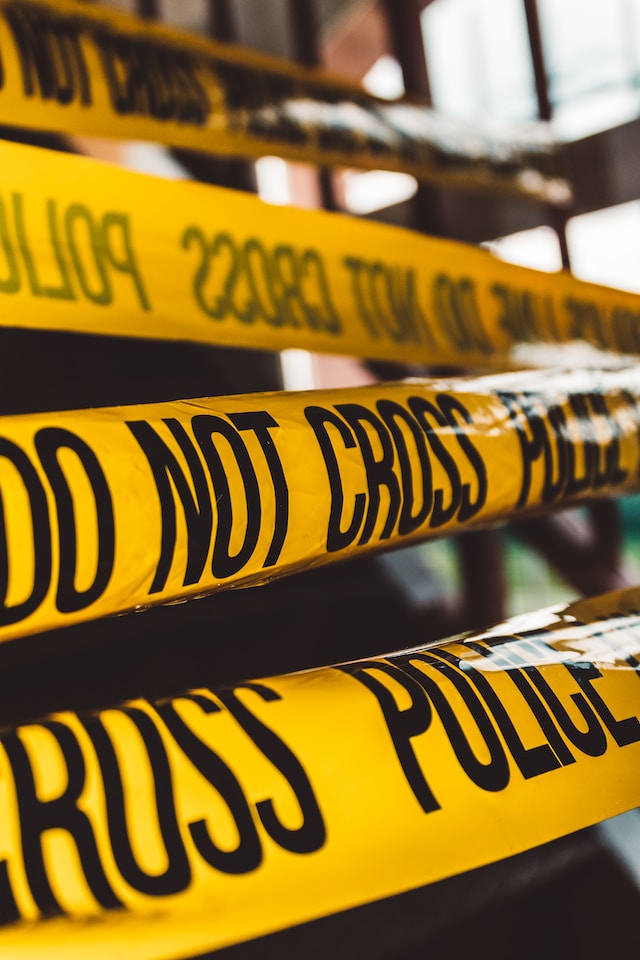If you have experienced a personal injury on someone’s property, the same standard to which the owner of the premises is subject will be applied to you as is pertaining to the law. You may have to ask yourself if you acted reasonably in the circumstances. You may be held responsible in whole or in part for your own fall, in particular in the following situations:
- While walking very quickly you slipped on an icy surface. This fall could have been avoided if you had walked at a more reasonable pace.
- You fell while not paying enough attention to your surroundings. This will be the case, for example, if you are walking while looking at your cell phone screen and you stumble on a widely visible sidewalk crack.
- Your fall took place on an icy surface while you were not wearing the right shoes in the middle of winter on a path.
- You fell while drinking a large amount of alcohol.
You don’t know if any fault has been committed by the owner of the premises? A personal injury lawyer can help you determine if a landlord or premise owner acted wrongfully.
Civil Liability
A personal injury lawyer will help determine the essential elements of civil liability. There must have been actual damage for the owner of the premises to be held liable. Be aware, however, that the notion of damage is rather broad. The damage could be pecuniary. We are talking here about damages that involve monetary expenses or loss of income. These amounts are quite easy to quantify in terms of dollars.
The damage can also be non-monetary. We are talking here rather about bodily pain, psychological injuries, stress, sadness at the idea of no longer being able to practice your favorite sport, everything that does not necessarily involve spending money, but that affects you negatively. In this context, the damage associated with a fall can be of several types.
The Initial Damages
First, there will be damage resulting from bodily injury, that is, the physical injuries and pain associated with the fall itself. It can be, for example, permanent physical damage, painful fractures, etc.
Then there will be the monetary damages associated with the consequences of your fall. These may include loss of income (if you have to miss work for a few days because of the fall, for example), costs associated with medical treatment, travel costs to medical appointments, etc.
Then, it can be any other type of non-pecuniary damage, such as the loss of enjoyment of life, which can also be transposed into money. The determination of this amount obviously varies on a case-by-case basis.
Making the Connection
A lawyer will help you figure out the causal link between the fault and the damage. Obviously, it is not enough to have a fault and an injury. There must be a link between the two. Indeed, the damage must have been caused by the alleged fault.
By causal link, we mean that the fall is the logical, direct, and immediate consequence of the fault. Thus, a person who slips on a snowy surface and loses his mother to a serious illness on the same day certainly suffers damage, but cannot claim to be entitled to compensation from the owner of the place where the fall occurred. However, if the individual also suffers from back pain caused by the impact, it will be entirely legitimate for him to ask for compensation from the owner of the premises.
Consulting a Lawyer
It is helpful to secure a personal injury lawyer for your case since it can become quite complex to make several determinations. Of course, it is important to see a medical professional first, then make arrangements to speak to a personal injury lawyer.

 Keeping Your Hearth in Top Shape: The Value of Routine Fireplace Repair
Keeping Your Hearth in Top Shape: The Value of Routine Fireplace Repair  Septic Systems: Maintenance Tips for Homeowners
Septic Systems: Maintenance Tips for Homeowners  Timeless Elegance: A Guide to Buying Your First Antique Shelf Clock
Timeless Elegance: A Guide to Buying Your First Antique Shelf Clock  Fostering Tranquility: Infusing Personal Well-Being into Home Renovation Ventures
Fostering Tranquility: Infusing Personal Well-Being into Home Renovation Ventures 


